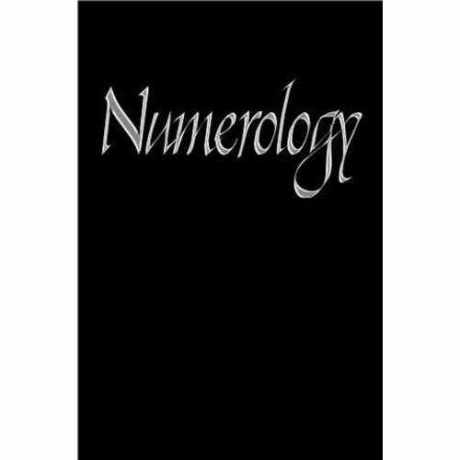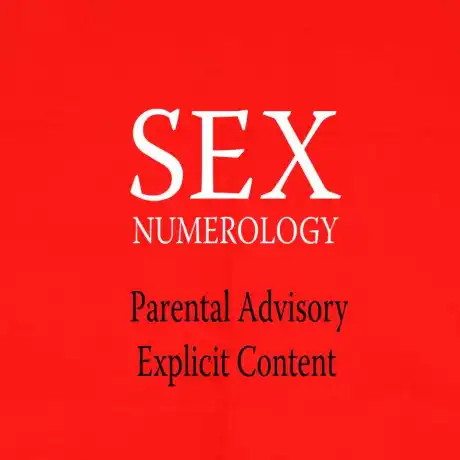
02/26/12 09:31 PM ET
Finance officials from the Group of 20 economic powers expressed confidence that the United States could water down one of the centerpieces of its banking reforms, which critics see as a risk to debt markets and banks.
Senior G20 officials said they felt Washington was listening to their fears over the U.S. Volcker rule, which is designed to curb banks’ trading for their own profit. It exempts trade in U.S. Treasuries, but not other countries’ sovereign debt.
“The way it was initially formulated was a quite domestic vision, not global enough,” said Bank of France governor Christian Noyer at the weekend meeting of G20 central bankers and finance ministry officials in Mexico City.
“This has been thoroughly explained to the United States… They perfectly understand the legitimacy of this reaction, which does not call into question the philosophy behind the rule.”
The rule, named after former Federal Reserve Chairman Paul Volcker, aims to stop banks in the U.S. from taking risks with customer deposits. But Canadian, European and Mexican officials, among others, say that, as proposed, it could hurt trading in their government debt and potentially harm liquidity.
“There is a concern that it could have (an) unintended consequence, that it will restrict the traditional role that banks have played as go-betweens,” a UK treasury official attending the G20 meetings said.
He added though, that “very constructive” talks were underway with U.S. officials and that the British government was “very confident” they would resolve matters successfully.
Bank of Italy Governor Ignazio Visco said he believes the United States will now look at ways in which the rule could be reworked to make it more fair internationally.
The International Monetary Fund said it was “very attentive” to the debate on the rule, but it has not taken a stand on it.
“We will look at the economic and financial consequences as we normally do,” said IMF Managing Director Christine Lagarde.
In the final G20 communique there was no mention of the Volcker rule, part of the 2010 Dodd-Frank Act set of reforms. Proposed in October, it is scheduled to be implemented in July.
HARMING LIQUIDITY
At a conference organized by the Institute of International Finance that ran on Friday and Saturday in Mexico City, the Volcker Rule was a hot topic among speakers and attendees.
“It’s clearly a rule that discriminates against all trading that takes place in sovereign debt that’s not U.S. debt,” said Luis Tellez, head of Mexico’s stock exchange.
Bankers and non-U.S. regulators are also concerned about a dip in liquidity as a result of the rule.
One JPMorgan executive criticized the United States for trying to push it through despite the international concerns.
“It’s playing with fire. You don’t do that with medicine and you shouldn’t do it with economic policy and financial regulation,” said Jacob Frenkel, chairman of JPMorgan Chase International.
Canada’s central bank governor Mark Carney, who heads the Financial Stability Board, in January called for the rule to be changed to exclude foreign sovereign debt.
Industry trade groups and big banks affected by the rule have in recent weeks bombarded regulators with comments, most of which were opposed to the proposal.
Regulators’ next steps could include either adopting the rule or crafting a new one to put out for public comment again.
Even some U.S. regulatory officials are concerned.
“There is a considerable risk that as proposed, the regulatory infrastructure to implement the Volcker rule could unduly impede the competitiveness… of our financial markets and hinder the flow of capital,” Republican SEC Commissioner Troy Paredes in Washington said on Friday.
from: http://www.huffingtonpost.com/2012/02/27/g20-volcker-rule-reform_n_1303010.html
————————————————————————-
Ignazio Visco was born on November 21st, 1949 according to http://en.wikipedia.org/wiki/Ignazio_Visco
November 21st, 1949
November 21st
11 + 21 +2+0+1+1 = 36 = his personal year (from November 21st, 2011 to November 20th, 2012) = Credit default. Debt default.

36 year + 5 (May) = 41 = his personal month (from May 21st, 2012 to June 20th, 2012) = Things get ugly.

—————————————————————————————–
—————————————————————————————–
—————————————————————————————–
comprehensive summary and list of predictions for 2012:
http://predictionsyear2012.com/
—————————————————————–
—————————————————————–
——————————————————————
discover some of your own numerology for FREE at:
—————————————————————————————–
—————————————————————————————–
—————————————————————————————–
learn numerology from numerologist to the world, Ed Peterson:
https://www.createspace.com/3411561
—————————————————————————————–
—————————————————————————————–
—————————————————————————————–
Sex Numerology available at:









